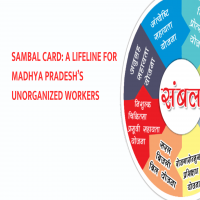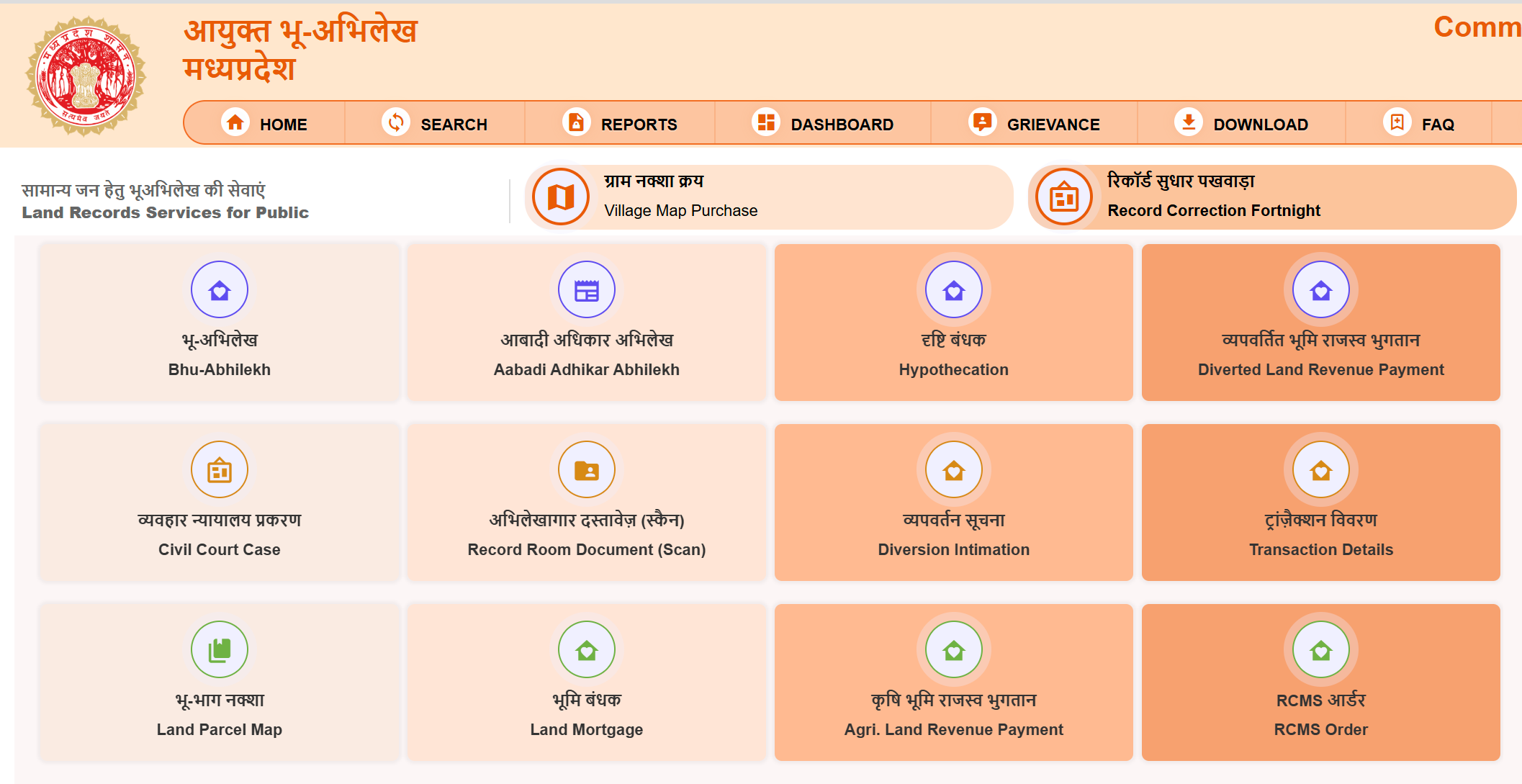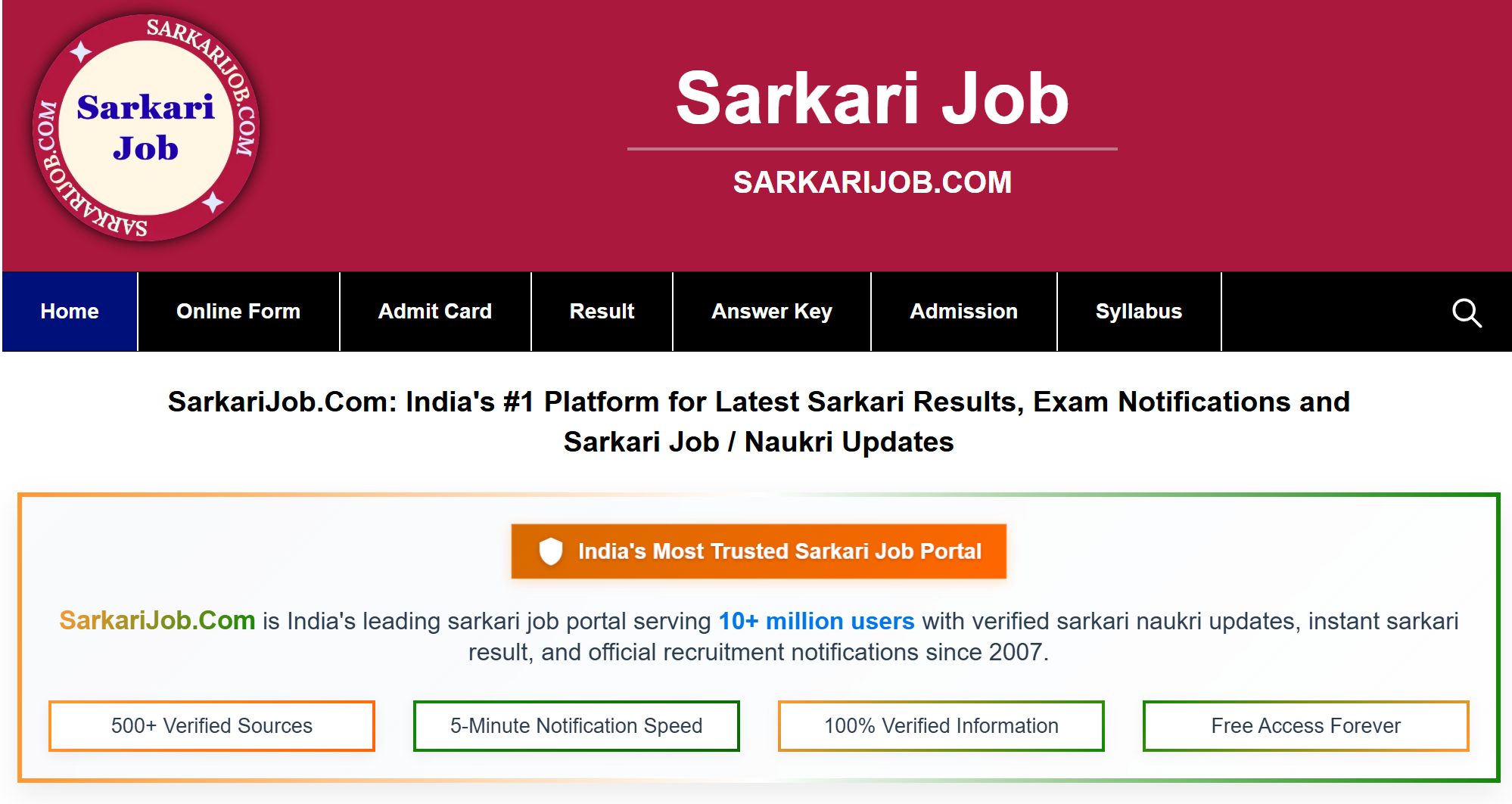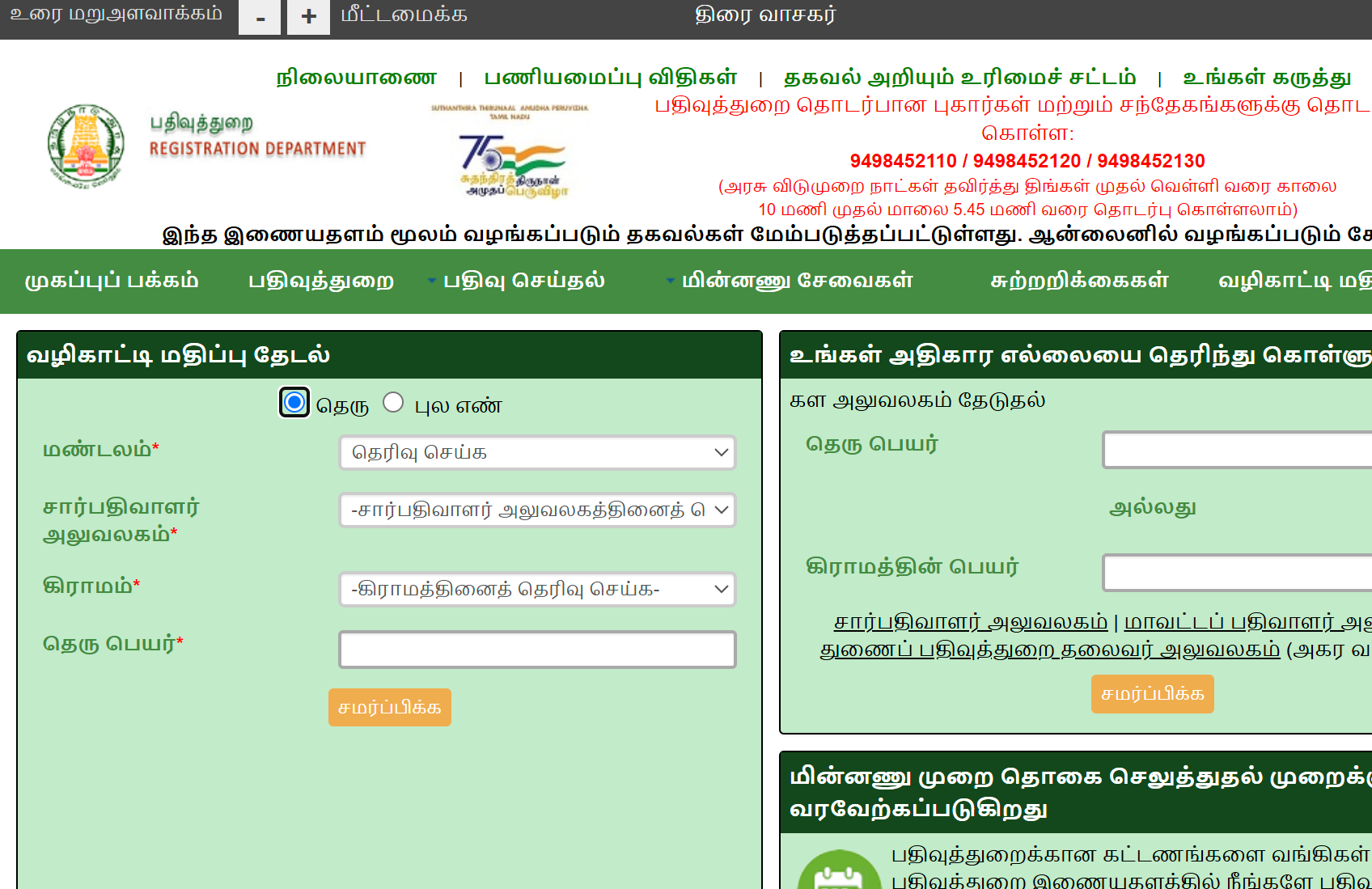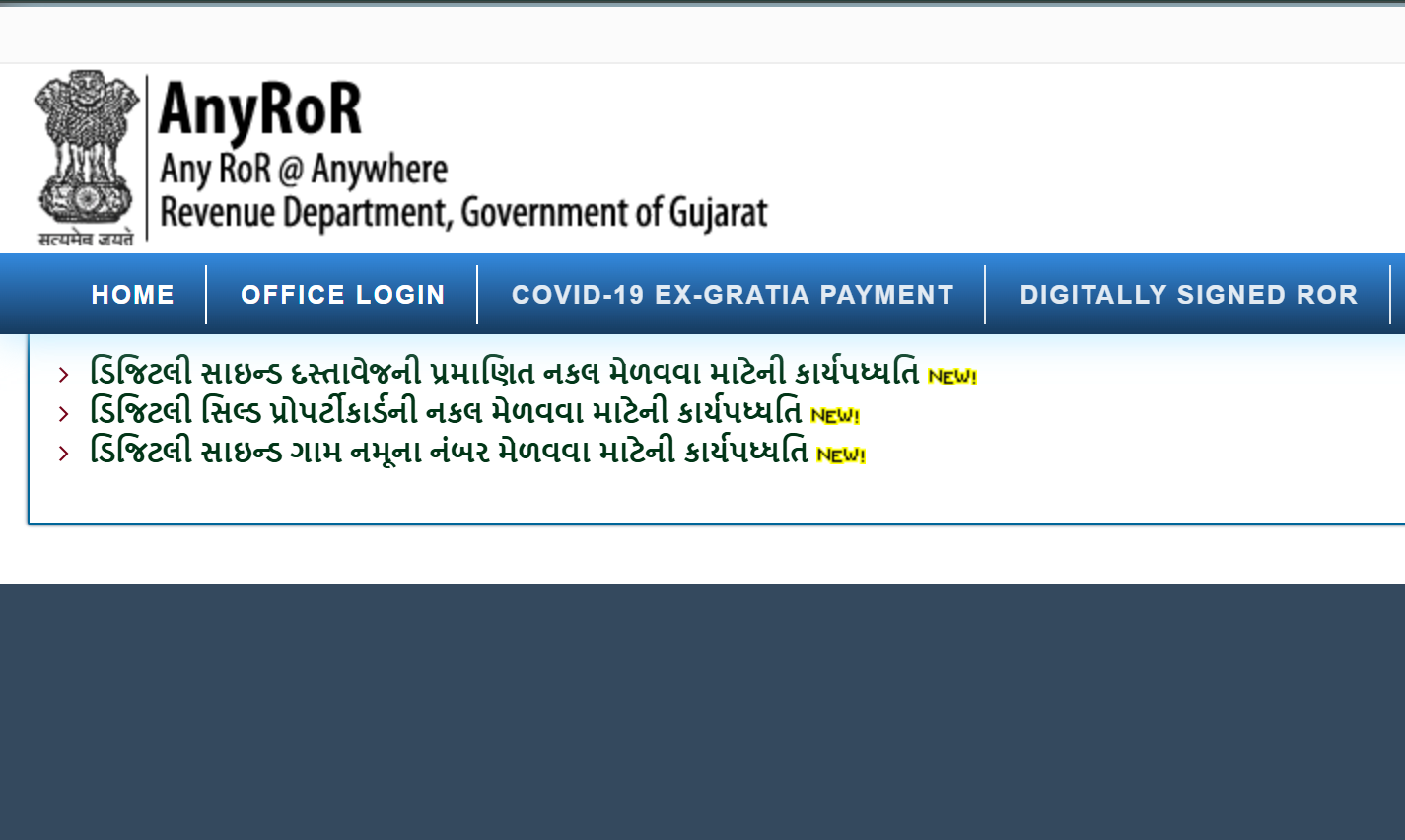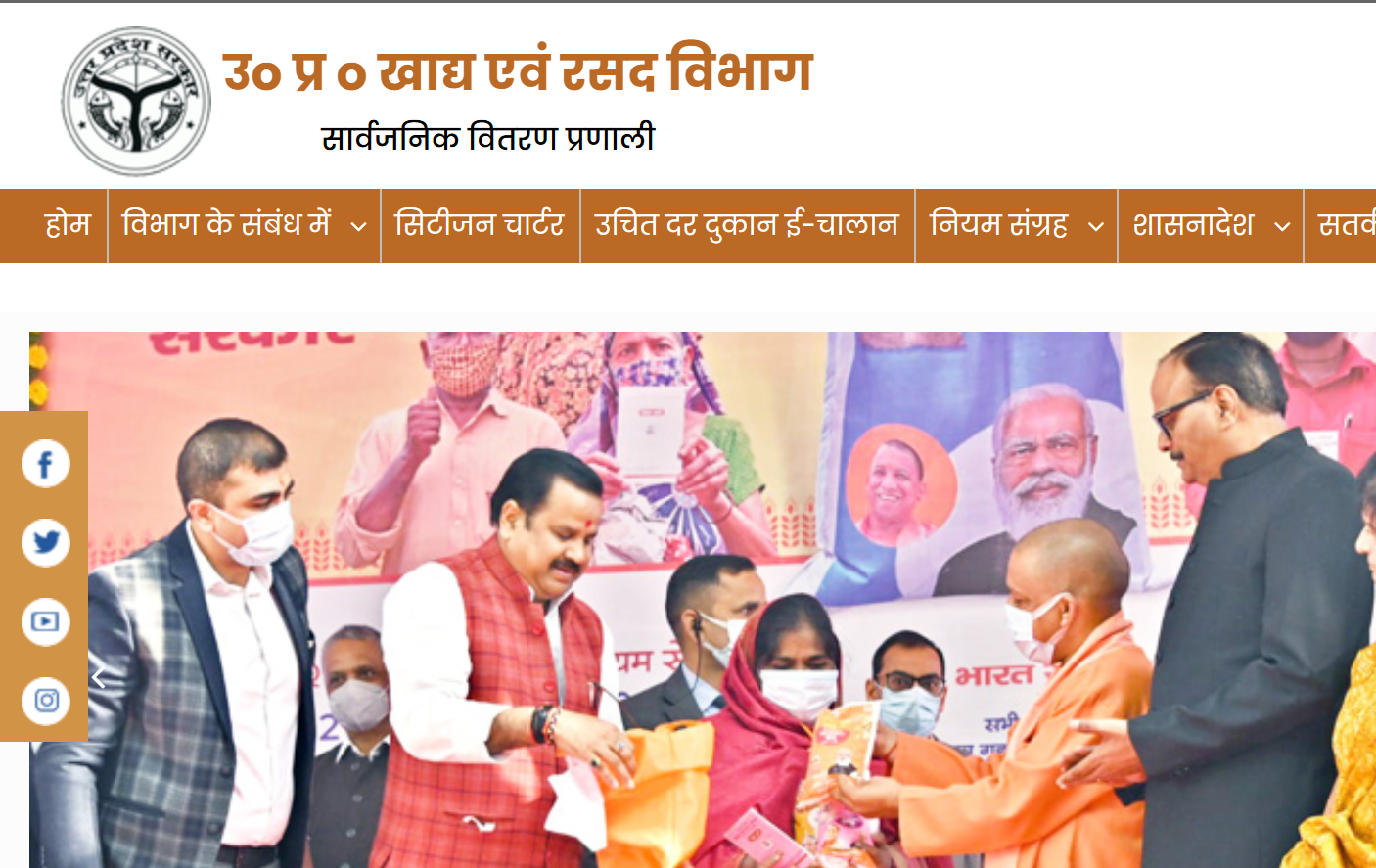Sarkari Jobs in India: A Pathway to Stability and Prestige
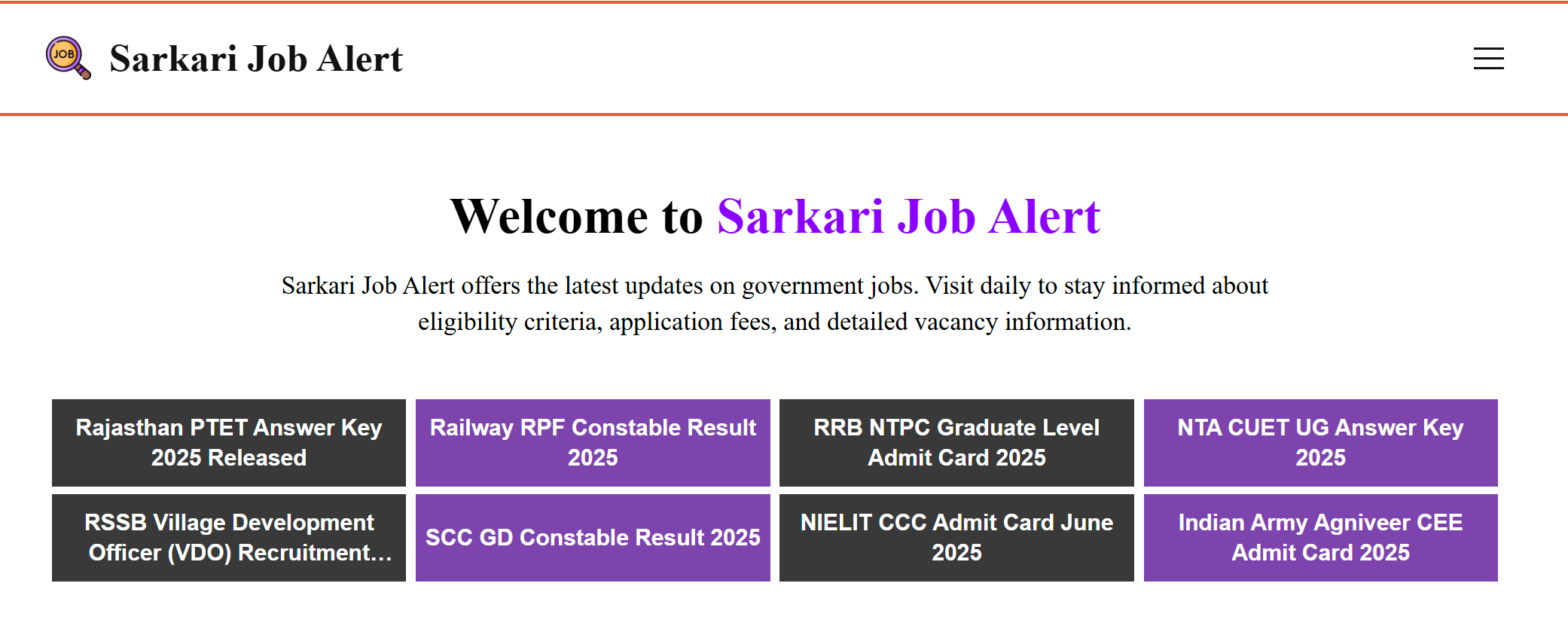
Strong 8k brings an ultra-HD IPTV experience to your living room and your pocket.
Sarkari job, or government jobs, hold a unique place in Indian society. They are synonymous with job security, social status, and a stable career, attracting millions of aspirants annually. From clerical positions to high-ranking administrative roles, these jobs span various sectors, including education, healthcare, railways, banking, and defense. This article explores the allure of sarkari jobs, their recruitment process, challenges, and their evolving landscape in India.
The Appeal of Sarkari Jobs
The primary attraction of sarkari jobs lies in their stability. Unlike private-sector jobs, which are often subject to market fluctuations, government positions offer lifelong security with fixed working hours, pensions, and benefits like medical insurance and housing allowances. For many, especially in rural and semi-urban areas, these jobs represent a ticket to financial independence and social respectability. A government employee is often seen as a desirable match in the marriage market, reflecting the cultural value placed on such roles.
Additionally, sarkari jobs provide opportunities for upward mobility. Positions in the Indian Administrative Service (IAS), Indian Police Service (IPS), or other Group A services, for instance, come with authority, prestige, and the chance to impact society. Even lower-tier roles, such as those in the postal service or state-run schools, offer a sense of purpose and community connection. The promise of regular promotions and increments further sweetens the deal.
The Recruitment Process
Securing a sarkari job is no easy feat. The recruitment process is rigorous, merit-based, and highly competitive. Most government jobs are filled through examinations conducted by central or state-level bodies. The Union Public Service Commission (UPSC) oversees recruitment for elite services like IAS and IPS, while the Staff Selection Commission (SSC) and Institute of Banking Personnel Selection (IBPS) handle exams for clerical and banking roles. State public service commissions manage recruitment for state-specific positions.
These exams typically involve multiple stages, including preliminary tests, mains, and interviews. For example, the UPSC Civil Services Examination, one of the toughest in the world, tests candidates on general knowledge, aptitude, and specialized subjects over three stages. Similarly, exams like SSC CGL (Combined Graduate Level) or IBPS PO (Probationary Officer) assess quantitative aptitude, reasoning, and language skills. Physical fitness tests and medical evaluations are mandatory for roles in defense and police services.
Notifications for these exams are released through official websites, employment newspapers, and job portals. Aspirants must meet eligibility criteria, including age limits (usually 21–35 years, with relaxations for reserved categories) and educational qualifications (ranging from high school to postgraduate degrees). The competition is intense, with millions applying for limited vacancies. For instance, in 2023, over 1.2 million candidates appeared for the UPSC prelims for just 1,255 posts.
Challenges in the Pursuit
The path to a sarkari job is fraught with challenges. The sheer volume of applicants creates a daunting success rate, often less than 1%. Preparation requires months or even years of dedicated study, with many candidates enrolling in coaching institutes in cities like Delhi, Kota, or Patna. These institutes, while helpful, are expensive, adding financial strain for aspirants from modest backgrounds.
The syllabus for most exams is vast, demanding a deep understanding of diverse subjects. Additionally, the pressure to succeed is immense, driven by societal expectations and family aspirations. Repeated failures can lead to mental stress, with some candidates spending their entire 20s chasing a single exam. Reservation policies, while aimed at uplifting marginalized groups, sometimes spark debates about fairness among general-category candidates.
Corruption and paper leaks have also tarnished the process in some cases. Though authorities have cracked down on such malpractices, incidents like the 2022 UP Police recruitment scam highlight vulnerabilities. Moreover, the slow pace of recruitment—delays in results or joining dates—frustrates successful candidates.
The Evolving Landscape
The sarkari job ecosystem is evolving with India’s changing economic and technological landscape. The government has introduced reforms to streamline recruitment, such as the National Recruitment Agency (NRA), which conducts a common eligibility test (CET) for non-gazetted posts. This reduces the burden of multiple exams and expedites hiring. Digital platforms like the National Career Service (NCS) portal and mobile apps have made job notifications more accessible.
However, the allure of sarkari jobs faces competition from the private sector, which offers higher salaries and global exposure, especially in tech and finance. Startups and multinational corporations are attracting young talent, prompting the government to modernize its offerings. Initiatives like lateral entry into senior roles and contractual hiring aim to infuse fresh talent and expertise into the bureaucracy.
Conclusion
Sarkari jobs remain a cornerstone of India’s employment landscape, embodying stability, prestige, and public service. Despite the challenges of intense competition and lengthy processes, they continue to draw aspirants from all walks of life. As India progresses, the government must balance tradition with innovation, ensuring these jobs remain relevant in a dynamic economy. For millions, the dream of a sarkari naukri is not just a career choice but a pathway to a secure and respected life.
Note: IndiBlogHub features both user-submitted and editorial content. We do not verify third-party contributions. Read our Disclaimer and Privacy Policyfor details.

